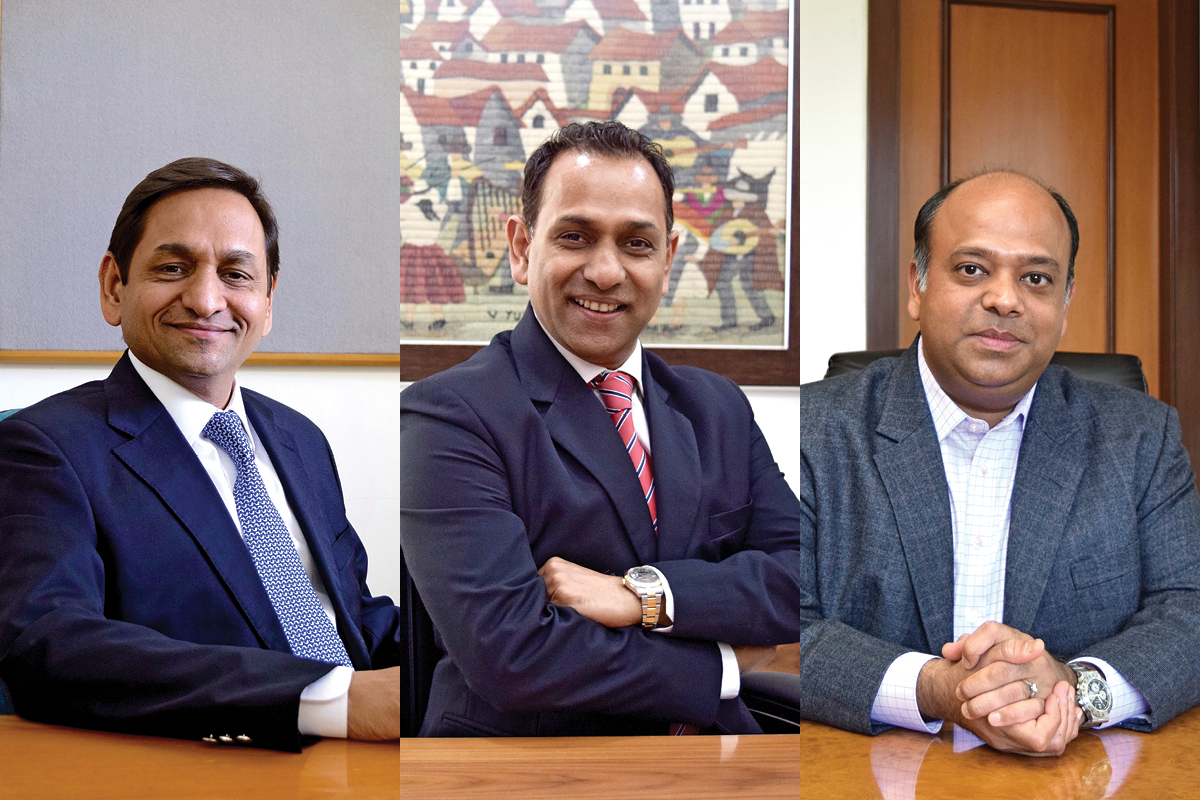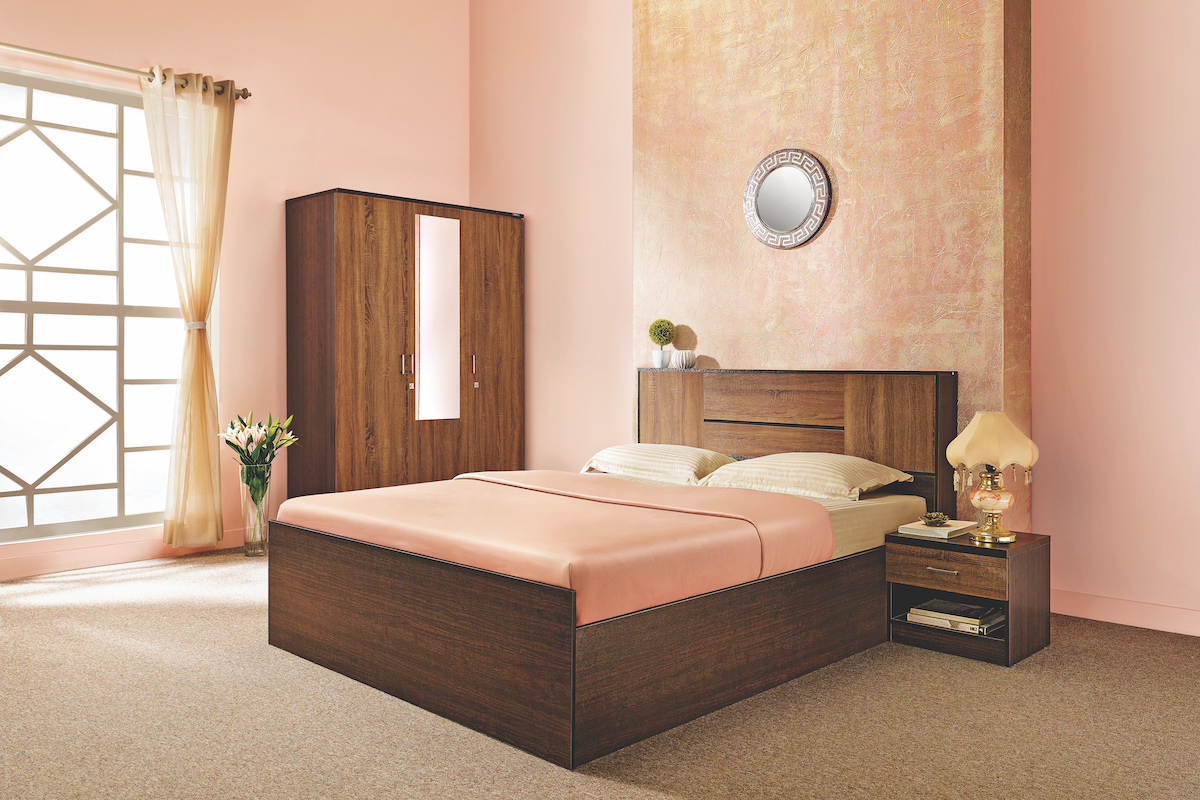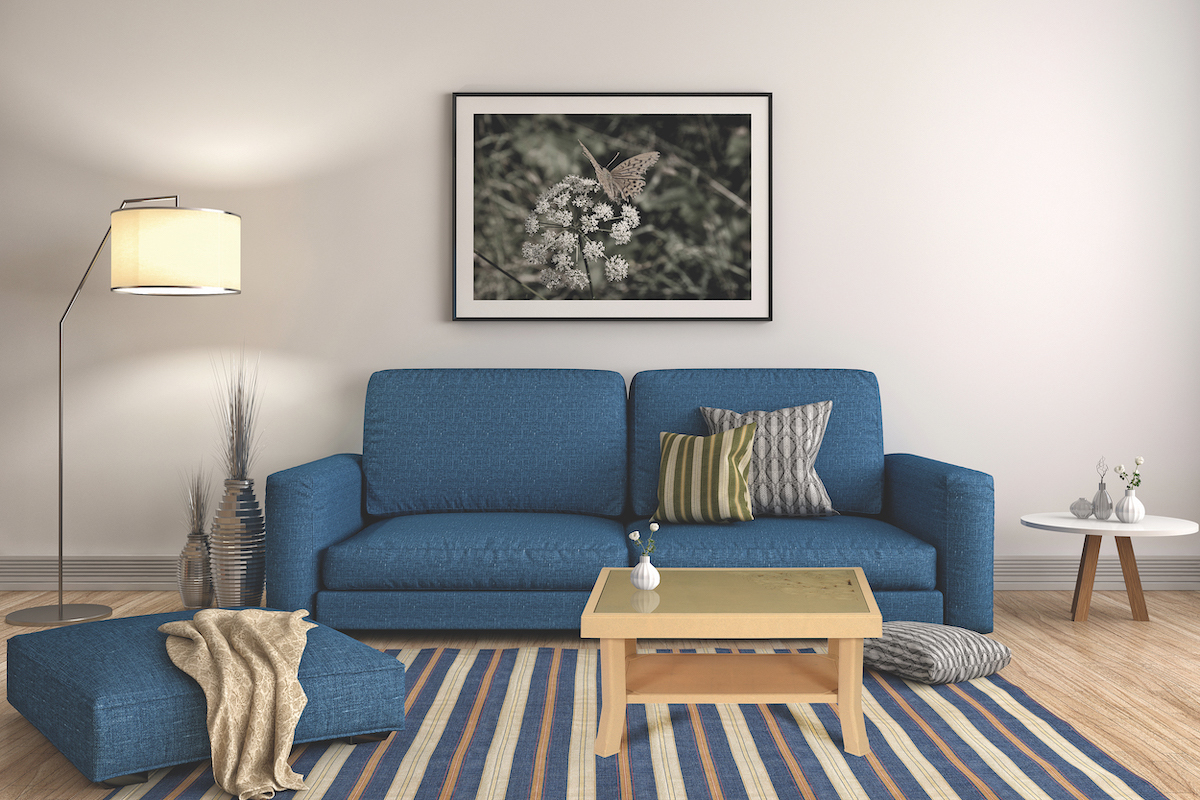When Nilkamal started manufacturing a product that had not yet been seen in India, the company needed to find a way to increase its exposure and drive sales. Opportunity arrived in the hands of an unlikely individual: a wedding decorator.
More than half a century earlier, Vrajlal Parekh began manufacturing metal buttons in a small factory shed boasting a single machine and, in 1934, Nilkamal was born. These days, five Parekhs run the family business, which has evolved into a company incorporating material handling, furniture, and lifestyle retail, while renewing its commitment to operating in line with a family-style culture. Vamanrai Parekh and sons Hiten and Manish run the furniture and retail side, with Vamanrai’s brother, Sharad, and Sharad’s son Nayan in charge of material handling operations.

After finishing university, Manish Parekh joined Nilkamal in 1991, around the time it went public. “The petrochemical giant Reliance was building a large plant in Hazira, and raw materials for plastics would soon be readily available in India. During that period, I thought plastics was certainly a sunrise industry,” Manish tells The CEO Magazine, and so he made sure to join the company during its growth phase.
With the Gulf War pushing up the price of raw materials, however, plastic furniture was expensive to make. With conventional materials like wood and steel selling for half the price, Nilkamal had reached a dilemma. This is when the aforementioned breakthrough occurred. “A wedding decorator in Mumbai bought our chairs in two colours to use in a wedding,” Manish recalls. “They looked beautiful, and were easy to move and stack; the chairs were lightweight, with no nails to tear shirts or saris, and were weather-resistant.” The appearance of the chairs in their first wedding started a chain reaction, and people began to want them for their homes. Success came by word of mouth, and “the chairs became a self-advertising product, and an entirely new concept”.
“At Nilkamal, we believe that our suppliers, customers and stakeholders are partners in our growth.”– Hiten Parekh
Everything moved quite quickly after that. The company needed to establish a network of dealers; somewhat felicitously, the Reliance plant in Hazira saw operations begin at roughly the same time. “The entire cycle of petrochemicals changed and the raw material prices fell, as did the price of crude oil. We were then able to obtain the raw material at much more affordable prices, which made our plastic furniture affordable for the masses.” The company began increasing its volume.
Having a firm hold on the market for plastic furniture, recent Nilkamal strategy has seen the introduction of furniture made from other materials, to reduce the company’s dependence on plastic furniture. “We want to make India’s favourite furniture,” Manish says. “We are piggy-backing on our network of plastic furniture, and our future growth is going to come from furniture made by a range of materials.”

The vision for the future is to have a nationwide distribution network, and progress in this area is already being seen: over the last 20 years, the company has been working on establishing a presence in even the smallest of the Tier-4 towns. The company is also considering appointing franchisees to increase brand awareness and ensure that its range is given the display it deserves. “Nilkamal is already known for its quality, so our focus now is sales, sales, sales. We want to make sure that our product is available in every nook and cranny of India.”
Nayan, on the material handling side of Nilkamal, returned to India to join the family business after completing a degree in engineering at the University of Massachusetts Lowell, in 1994. In early 1995, the company was manufacturing crates through injection moulding, but things quickly changed in the wake of Nayan’s arrival, when they decided to take “a holistic approach to understanding the material-handling needs of the customer.” With salespeople across India, the company discovered that customers used its crates for three purposes: protecting product during transportation, increasing storage efficiency and space, and improving labour productivity.
“We are working to improve our customer service, and are using analytics to understand where our business is coming from.” – Nayan Parekh
“With these three functions in mind, we came up with a one-stop shop: we made a range of different products, all of which would do at least one of these three things,” Nayan notes. “To this end, we have made significant investments in moulds and machines to increase our product line. We are working to improve our customer service, and are using analytics to understand where our business is coming from: who our customers are, and the kinds of customers we’ve lost and the ones we must gain.”
A large part of the success of Nilkamal as a whole stems from the relationships it enjoys with large organisations and petrochemical suppliers like Reliance, GAIL and Haldia. “At Nilkamal, we believe that our suppliers, customers and stakeholders are partners in our growth. Consistent relationships with our suppliers are important, because business is a two-way street. For instance, GAIL supported us by changing their production plan on a very short notice to service our urgent need for a large order of beverage crates. Similarly, when we had a major fire accident at one of our factories, Reliance came forward and extended special credit terms for six months,” shares Hiten.

“Nilkamal can realise its sincere pledge to understand its customers and meet their needs, through solid partnerships and celebration of family culture. The family members always see the business from an entrepreneurial point of view. Here, all family members overlooking any particular vertical are fully empowered to make necessary decisions in the company’s interest.”
“Nilkamal is already known for its quality, so our focus now is sales, sales, sales. We want to make sure that our product is available in every nook and cranny of India.”– Manish Parekh
Now a global leader for moulded plastic furniture, Nilkamal’s products are available in 30 countries spanning North and South America, Africa, the Middle East, and Australia, and the Parekh family’s dream of making India’s favourite furniture is becoming a reality.


